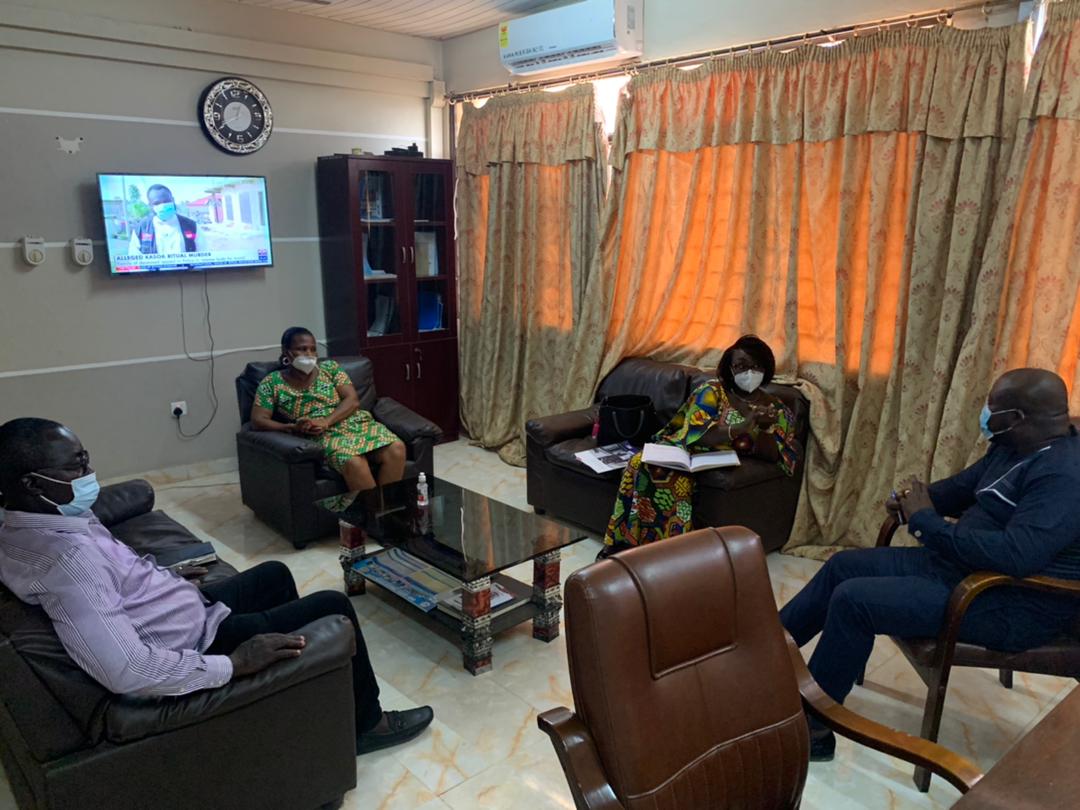The Honourable Member of Parliament (MP) for the Ketu South constituency in the Volta Region, Abla Dzifa Gomashie, has accused Immigration Officials stationed at Ativuta tollbooth near Nogokpo for collecting money from commuters on Aflao-Accra Highway.
The Ghana Immigration Service recently mounted a barrier at the Aflao side of the toll and uses it as a checkpoint. Allegedly, they (Ghana Immigration Service) usually take travellers suspected to be Foreigners to an uncompleted structure at the right side of the road behind a coconut seller, collect money from them before, allowing them to get onboard again the vehicle again.
Read more: Automation of Ghana’s Courts: Setting the Records Straight
It is on this bases that, the MP appealed to the Municipal Chief Executive (MCE) for the area, Edem Elliot Agbenorwu, to ensure that the new Immigration Service Barrier at Ativuta, near the toll booth, is removed because “complaints from persons plying there suggest that the initial purpose for which this barrier was mounted has been lost”.
According to her, “the barrier has rather become a cash cow for persons working there who now collect various sums of money from drivers and passengers for their personal gains”.
The MP asked that “something immediately should be done about the barrier since it has lost its relevance and intended purpose of creation through the behaviours of some of the service officers”.
She made this known when she paid a working visit to the Ghana Immigration Service Sector Commander, Chief Superintendent, Frederick Baah Duodu and the MCE on Wednesday, April 7, 2021.
Her visit to the MCE was to enable her discuss ways through which the two offices could work together in solving problems, needs, and concerns of the people of the Ketu South Municipality.
Other areas of deliberation involve was on the plight of the people of Agavedzi, continuity of the Sea Defense project, and how to address the sand-winning menace in the constituency.
Madam Dzifa also enquired into the operations of Seven Seas Salt Company, and the conflicts between them and the catchment communities.
The discussions between the two leaders were also not without the impact of the border closure on the livelihoods of the people in the constituency, considering the fact that most residents ply their trades, including formal employment in Togo.
By Edzorna Francis Mensah

